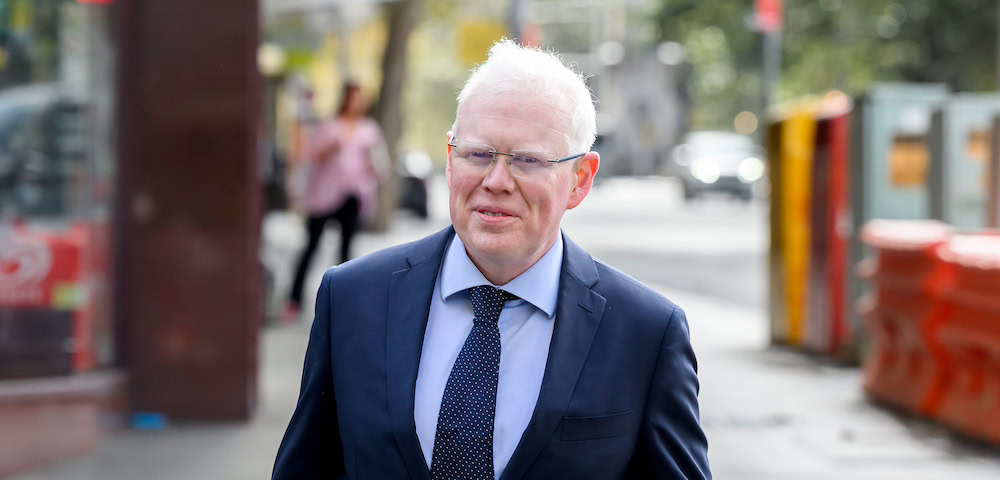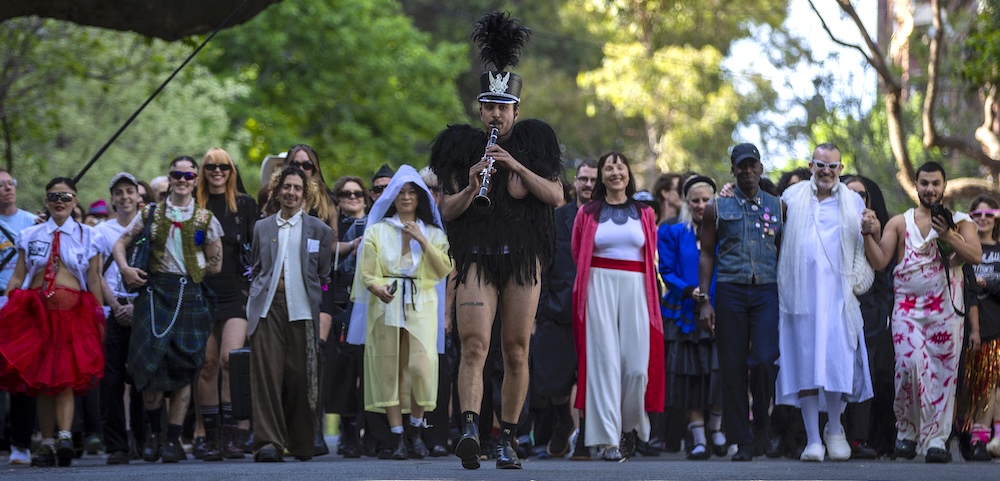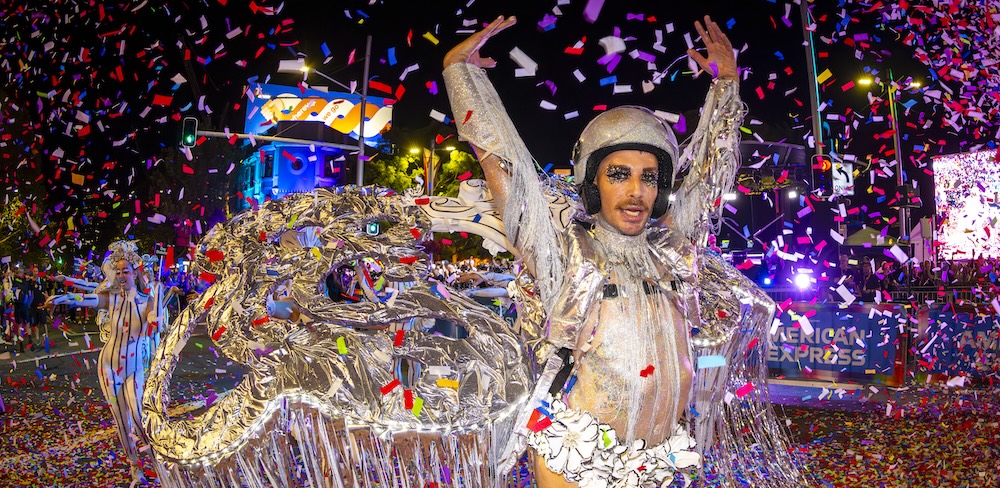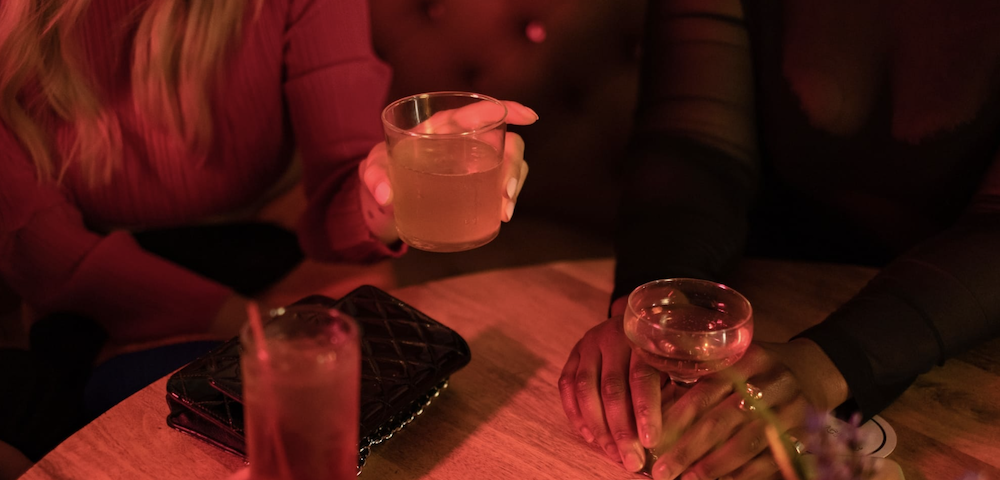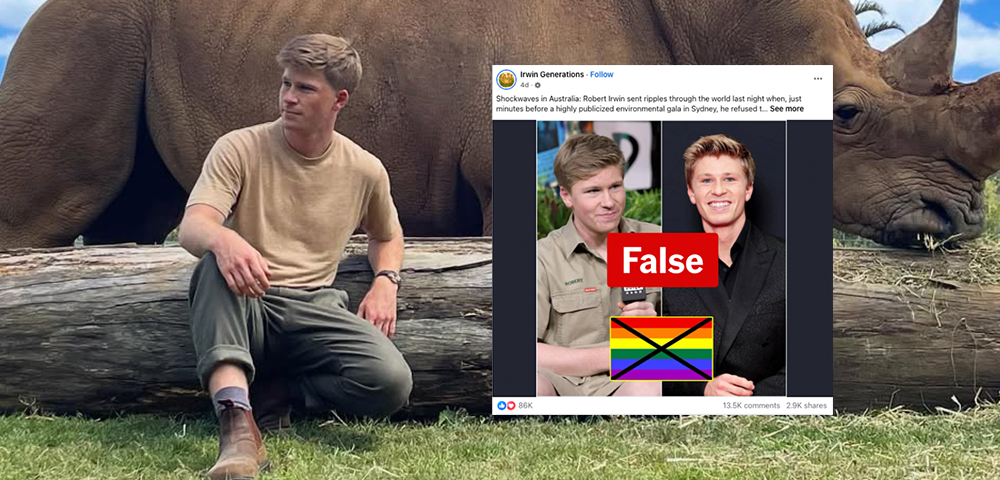
Report blows whistle on homophobia
The chair of the Anti-Discrimination Board has welcomed a new report on homophobic bullying in schools, but challenged its proponents to force the non-government edu-cation sector to engage with the report’s recommendations.
Speaking at the launch last week of Skool’s Out, a report based on a Mardi Gras forum on homophobic bullying and harassment, Anti-Discrimination Board chair Chris Puplick said that while the government education sector was likely to be sympathetic to the report, getting the ear of the non-government education sector was a more challenging adventure.
It is still outrageous that private and independent schools are able to impose terms and conditions of discrimination against gay and lesbian teachers, against gay and lesbian students, which would be unacceptable in state schools, despite the fact that they take public money to finance their activities, Puplick said.
[It] is unacceptable and it occurs only because of the bloody-minded gutlessness of successive state governments, he added.
Puplick said the report was valuable because it featured young people speaking for themselves about their experiences of homophobia in the schoolyard. Produced by the Anti-Discrimination Board and the Attorney-General’s Department, the report also includes a number of practical ideas for combating homophobia in the school environment.
Many of the students who told their stories for the report talked about the intervention of supportive teachers. Puplick said that while these individuals were enormously important, young lesbian and gay people should not have to rely on the kindness of strangers to make life bearable.
We are entitled to have a safe environment, regardless of where it is and regardless of who we are, and for that safe environment not to be dependent on the fact that we’ve got a good teacher or a supportive principal -“ but simply because we are entitled as a right to have that supportive, safe and secure environment, Puplick said.
Vikki Fraser was one of the young people who volunteered their story for the report.
Almost every one of the stories [in the report] outlines the effects of homophobia on individuals themselves, on their families, on their friends, and on other members of the school and broader community, Fraser said.
The fight against homophobia isn’t over. We still witness homophobia almost everywhere we go, but also we witness more and more people who are willing to stand up and say, -˜No, this isn’t right, and I’m going to do something about it.’ This is a huge sign. The fight isn’t over, but we’re winning it, she said.




